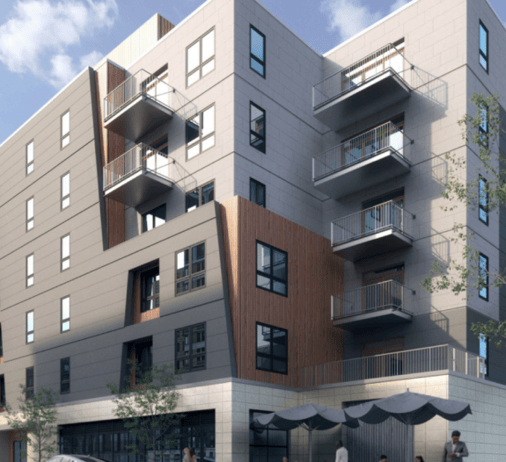How to maximize the sale price for your home? Read this.
From "Bidding Wars? Quick Sales? It's Happening!" in the Boston Globe:
LITTLE DID TODD AND ARITA BASSO know when they decided this spring to sell their three-bedroom, two-bath Arlington condo what good fortune they'd have. The day after their first open house they had multiple offers on their 2,200-square-foot duplex, with several over the asking price of $499,900. Just a couple of weeks after showing the place, the Bassos were signing a purchase-and-sale agreement for $510,000, snagging themselves a cool $119,000 more than their 2000 purchase price.
I wouldn't call this a common occurrence but it does happen under the right circumstances. How can you make it happen for yourself? The Globe article suggests 3 factors that I agree with:
- Location - different towns and areas have vastly different inventories and buyer activity that you don't see until you get to the street level. Statewide or national market data cannot tell you what the market is doing in your particular town or your particular street - or where your home will fit in the marketplace. In many of the desirable areas in and around Boston, inventory is low so when an attractive property comes on market and fills a hole in the market, buyers rush in.
- Price - it's all about positioning. What other properties area are you competing with for buyers? How can you position your home to attract buyers over another home? You need to know, not just what 3 other "comparable" home sold for, but what is going on with every other active home on the market and price accordingly.
- Condition - before you sell, take the time to bring your home up to the condition desired by buyers. You are offering a product to the market so you must give buyers what they are looking for. This might mean some cosmetic rehab, but it definitely means staging (I wrote in more detail about staging and pricing here: The two key components of a home sale).
Properties that sit on the market for months and months and months are what gives the market a bad rap, but these are often homes that are in poor condition, don't show well, are in a bad location, and are priced too high. But there are many homes that are bucking the overall trend with a confluence of the 3 factors above that finds sellers in a great position in the end. When you do your research and know the market, make the necessary updates to your home, and position it in a way that creates a bit of urgency for buyers, you can create a quick home sale for the maximum value that your home can attain. Does it take more work? Sure. But selling your home is an active process, it takes effort and time and good market advice to have the best result, but in a "slow" market, it is your only option.
